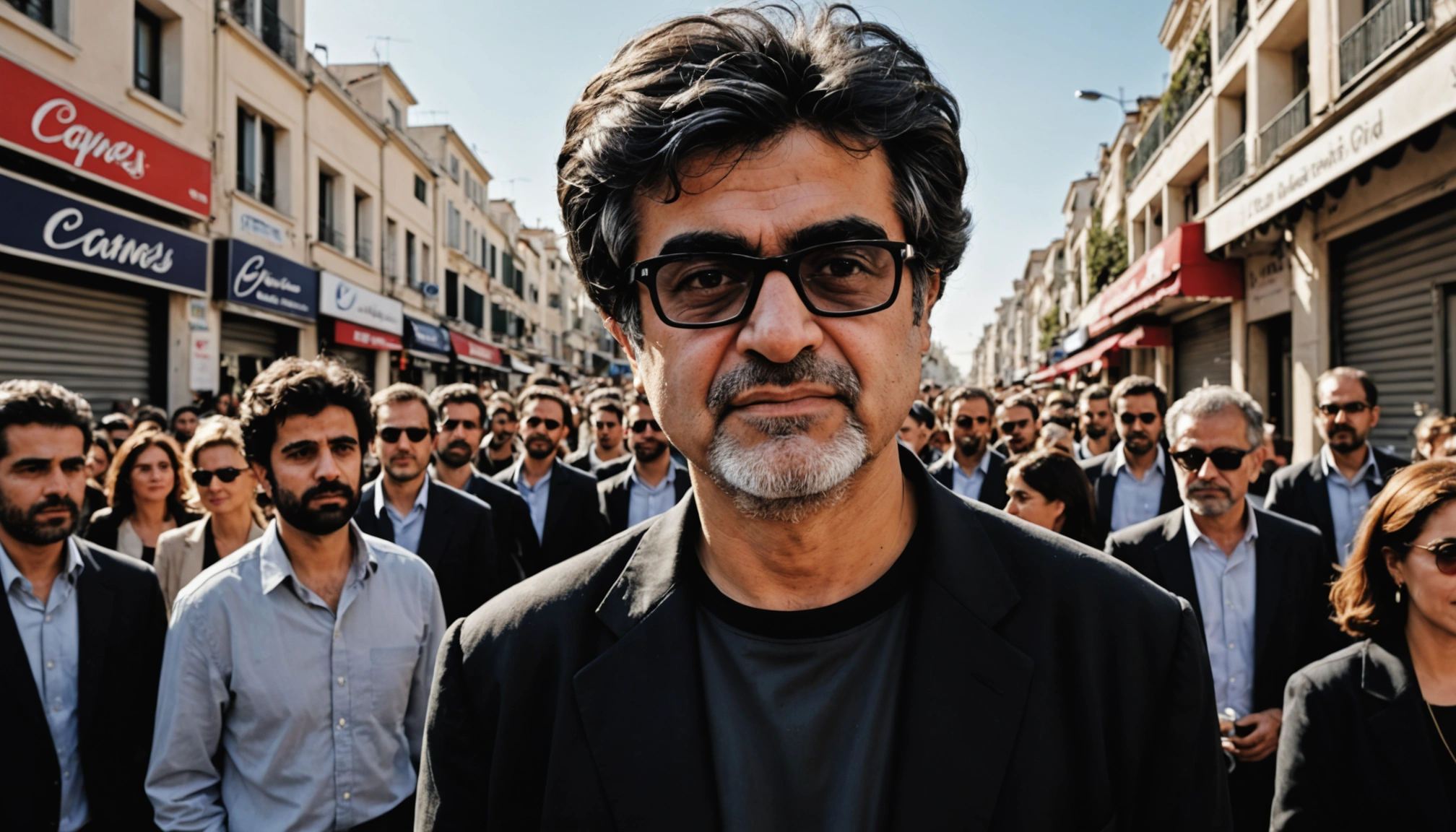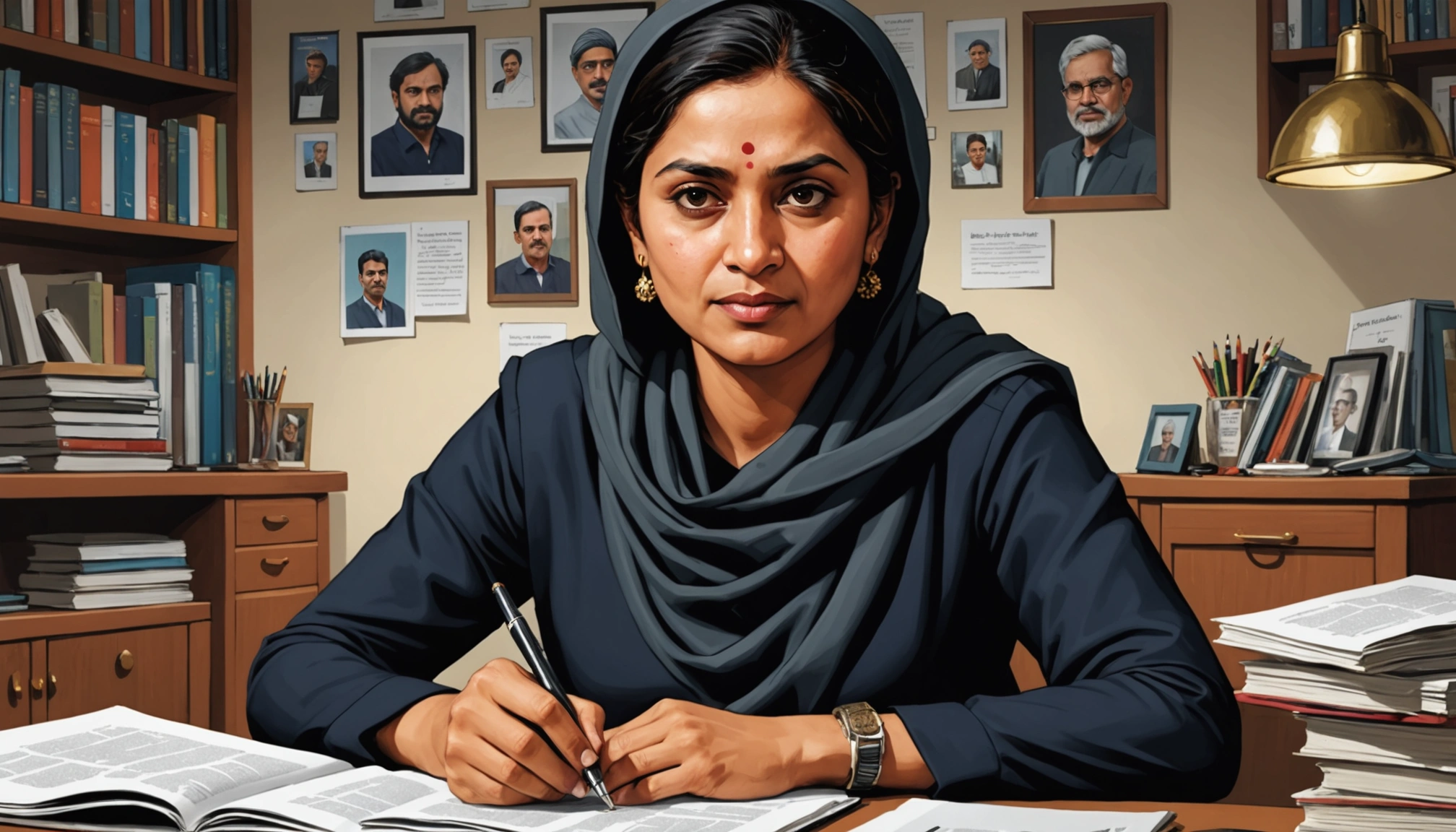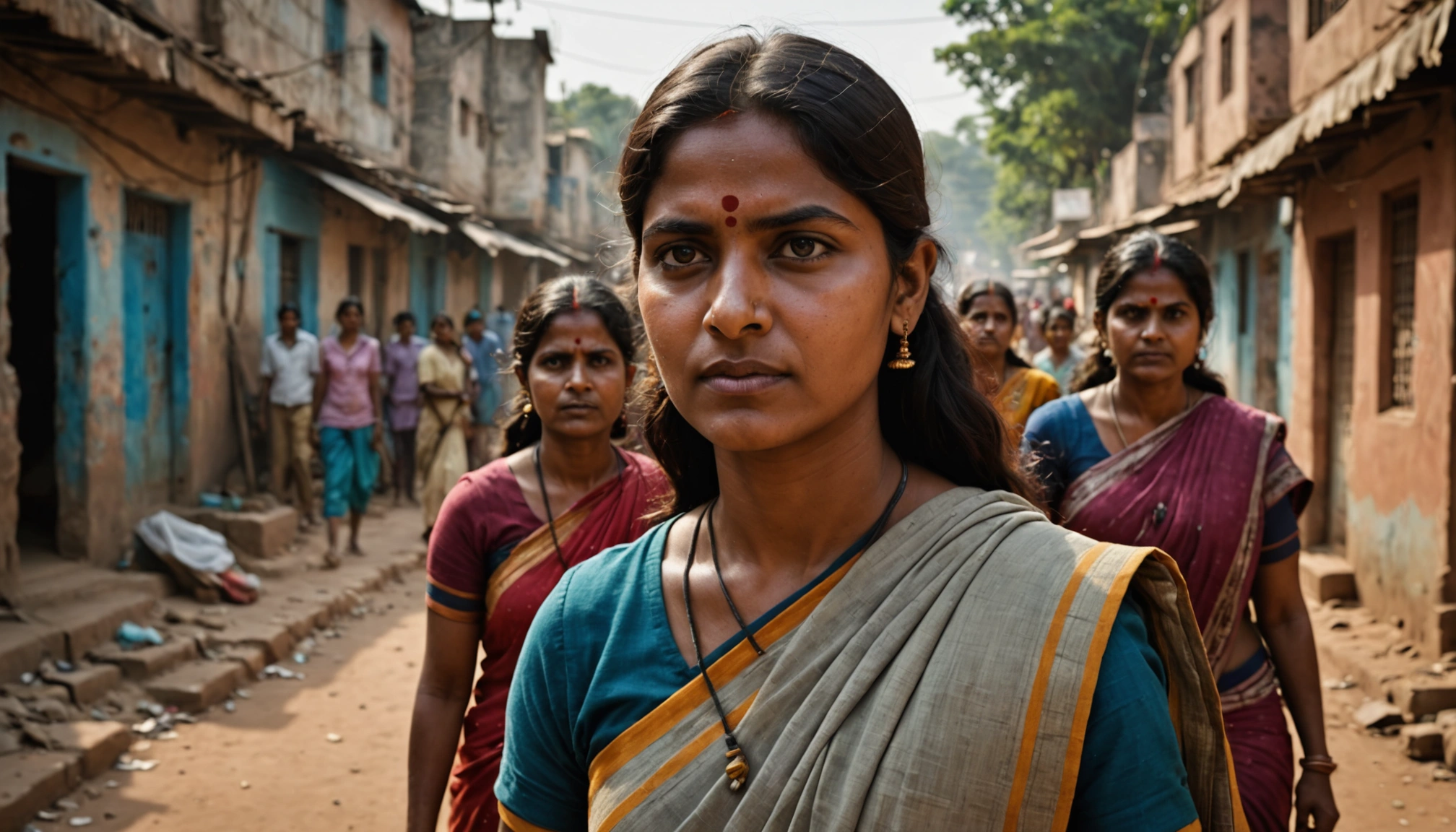Iranian Dissident Filmmaker Jafar Panahi Takes Top Honors at Cannes

CANNES, France – In a move celebrated as both a cinematic triumph and a powerful act of political defiance, Iranian filmmaker Jafar Panahi has won the Palme d'Or at the 78th annual Cannes Film Festival for his film "It Was Just An Accident." The award marks a significant moment for Panahi, a long-time critic of the Iranian regime who has faced imprisonment and filmmaking bans for his outspoken views.
A Film Born of Resistance
"It Was Just An Accident" is Panahi's 11th feature film and was made clandestinely during a 15-year ban on filmmaking imposed by the Iranian government. The film is a thriller that follows a group of political prisoners who believe they have identified their former torturer. They kidnap him and debate whether to kill him or forgive him, raising ethical questions about vengeance and justice. The film is described as a stinging critique of oppression in Iran.
The film's journey to the Cannes Film Festival was shrouded in secrecy. Panahi's visit was kept under wraps until he arrived at the Nice airport, just days before the film's premiere. Copies of his films have been smuggled out of Iran in creative ways to circumvent the filmmaking ban.
A Symbol of Artistic Resistance
Panahi's win is seen as a victory for artistic expression in the face of authoritarianism. The jury, led by French actress Juliette Binoche, called the award "a gesture that is above all artistic and human, and therefore eminently political." Binoche added, "This is a film that emerges from a place of resistance and survival, which is completely necessary today."
Panahi has been repeatedly arrested and imprisoned in Iran for speaking out against the regime. In 2010, he was subjected to a 20-year filmmaking ban for "propagandizing against the government," but he continued to make films regardless.
A Standing Ovation and a Dedication
Panahi received a standing ovation at the festival's closing ceremony. In a brief speech in Persian, the 64-year-old filmmaker dedicated the award to all artists who have been involuntarily deported from Iran and expressed hope that they might return to make films in their home country in the future.
This year marks Panahi's first appearance at Cannes in over two decades. He last attended in 2003 when his film "Crimson Gold" was screened. In 1995, his first feature film, "The White Balloon," won the Caméra d'Or for best debut feature. He also won the Jury Prize in the Un Certain Regard section in 2003 for "Blood and Gold," and his film "Three Faces" won the Best Screenplay Award at Cannes in 2018.
Other Awards at Cannes
Norwegian director Joachim Trier was awarded the Grand Prize, or second prize, for "Valeur Sentimentale." The Jury Prize, or third prize, was shared between Spanish director Olivier Laxe for "Sirat" and German director Mascha Schilinski for "Sound of Falling." Palestinian director Tawfeek Barhom received the Short Film Award for "I'm Glad You're Dead Now," and Brazilian Kleber Mendonca Filho won the Best Director Award for his film "The Secret Agent."
A Political Undercurrent
The decision to award the Palme d'Or to Panahi underscores the political tone of this year's Cannes Film Festival. The jury's choice highlights the importance of art as a form of resistance against oppression and censorship. As Juliette Binoche noted, "Fifteen years ago, Jafar was in prison, but art will always win."
Panahi's victory serves as a reminder of the power of cinema to challenge state control and give voice to the voiceless. His film "It Was Just An Accident" is scheduled for release in France on Sept. 10.
Related Articles

Japan's Animation Industry Embraces AI to Combat Labor Shortages and Boost Creativity

